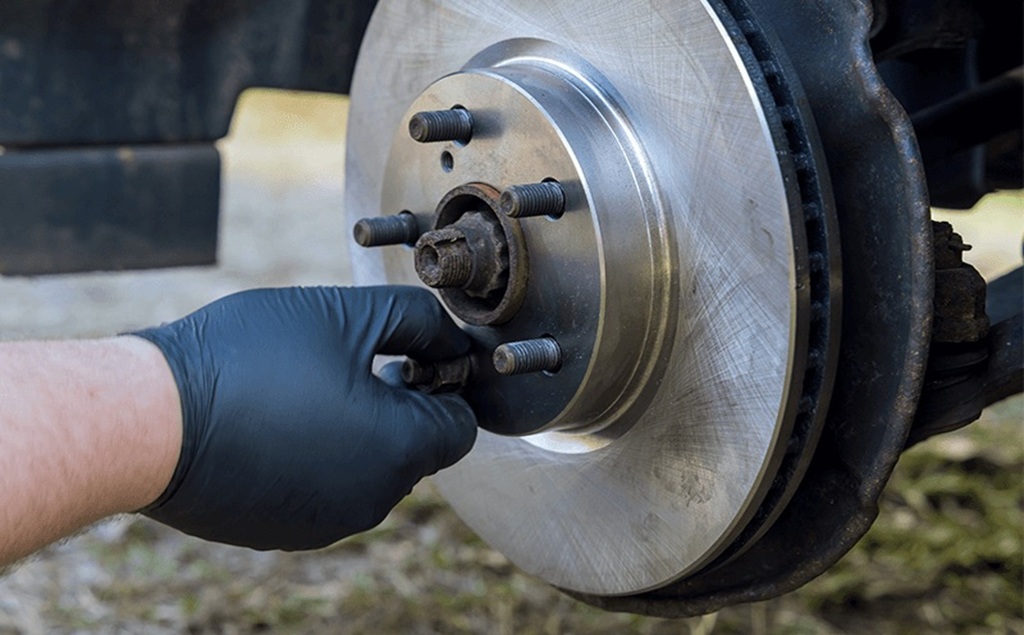Noisy brakes are more than just an irritating squeal; they’re often your car’s warning that something is wrong. That sharp screech or grinding noise could mean it’s time for brake repairs in Preston, whether due to worn pads, loose components, or other issues in the braking system. And when you’re driving through Melbourne’s busy traffic or on longer highway trips, having quiet, responsive brakes is essential for safety and peace of mind.
What Causes Brakes to Make Noise?
Understanding the source of the sound is the first step to finding the right fix.
One of the most common causes is worn-out brake pads. Over time, pads thin down, exposing metal surfaces that rub against the brake disc—hence the squealing. Another culprit could be a lack of lubrication on the brake caliper or hardware. Sometimes, dust and debris caught in the brake components may also lead to grinding noises.
However, not all brake sounds are bad. A light squeal when you first drive in the morning, especially in cold or damp weather, might simply be moisture on the brake rotors. But persistent noise is a clear red flag.
Why You Shouldn’t Ignore Noisy Brakes
When your brakes start sounding off, it’s easy to dismiss it as harmless. But here’s the truth: ignoring that noise can lead to serious brake repairs and even compromise your safety.
Grinding sounds may mean your brake pads are fully worn and metal is now scraping against the rotor. This not only reduces your stopping power but can also damage the disc, requiring more expensive replacements.
Even squeaking brakes, if left unchecked, could signal uneven wear, warped rotors, or loose components, all of which place additional strain on your vehicle. Prolonged issues in the braking system can eventually affect wheel alignment and engine cooling, potentially leading to radiator repairs.
DIY Brake Noise Checks
While some simple brake issues can be inspected on your own, there’s a limit to what DIY checks can safely uncover.
You can visually inspect your brake pads by peering through your wheel spokes. If the pad is less than 3mm thick, it’s time for a replacement. You can also listen closely for when and how the noise occurs—is it only when turning? While braking hard? When reversing?
However, if you notice any of the following, it’s best to head to your local mechanic:
- Vibrations or pulsing when braking
- Warning lights on your dashboard
- A sudden drop in braking performance
- Leaking fluid near wheels
Brake systems are complex, and a misdiagnosis can compromise your safety. Always consult a professional when in doubt.
How a Mechanic Diagnoses Noisy Brakes
When you take your vehicle in for inspection, an experienced mechanic in Preston will perform a series of checks to accurately identify the source of the noise.
This includes:
- Brake pad thickness measurement
- Rotor surface and thickness inspection
- Caliper and brake fluid line checks
- Suspension and wheel alignment tests (if vibrations are reported)
Professional workshops also use brake testing tools to simulate braking force and measure system pressure. In many cases, fixing noisy brakes involves more than replacing pads; there may be a need to resurface or replace rotors, tighten mounting hardware, or address uneven wear from past issues.
An expert will also assess if the noise is a symptom of larger problems, such as wear in related components or cooling system issues leading to necessary radiator repairs in Preston if brake heat has affected the engine bay.
Prevention: How to Keep Your Brakes Quiet and Safe
Maintenance is key when it comes to brake longevity. Here’s how to keep things running silently and safely:
- Regular brake inspections every 10,000–15,000km
- Replacing brake fluid every 2 years to maintain hydraulic pressure
- Using high-quality, manufacturer-recommended brake pads
- Ensuring caliper lubrication and hardware are intact
- Not “riding” your brakes, especially downhill
Sometimes noise is just the first symptom. Timely maintenance can prevent more complex issues like rotor warping or brake fade, ensuring you never end up needing emergency brake repairs.
Signs It’s Time to Replace (Not Just Repair) Your Brakes
There are moments when a simple repair isn’t enough. Here are signs that your brakes may need a full replacement:
- Deep grooves or cracks in rotors
- Brakes feel spongy or unresponsive
- Loud, constant metal-on-metal grinding
- Car pulling to one side when braking
- Brake pedal sinks to the floor
These symptoms indicate system-wide damage. Your mechanic will likely recommend new pads, rotors, and potentially calipers to restore full safety. And depending on how long the problem has been allowed to persist, this could spill over into other issues requiring attention, such as fluid leaks or even related radiator repairs.
From squeals to full-on grinding, noisy brakes should never be taken lightly. They’re your car’s cry for help and could point to issues well beyond your braking system. A thorough inspection and professional fix can make all the difference in both performance and peace of mind.
Looking for reliable brake repair services in Preston and surrounding suburbs like Reservoir, Coburg, Northcote, Heidelberg, Bundoora, and Thornbury? Trust the experienced team at Albert St Automotive for a full brake system diagnosis and solution, from worn pads to complex radiator repairs.
Call us today at 03 9470 1052 to book your appointment. Our expert mechanics are here to keep you safe and silent on the road.

